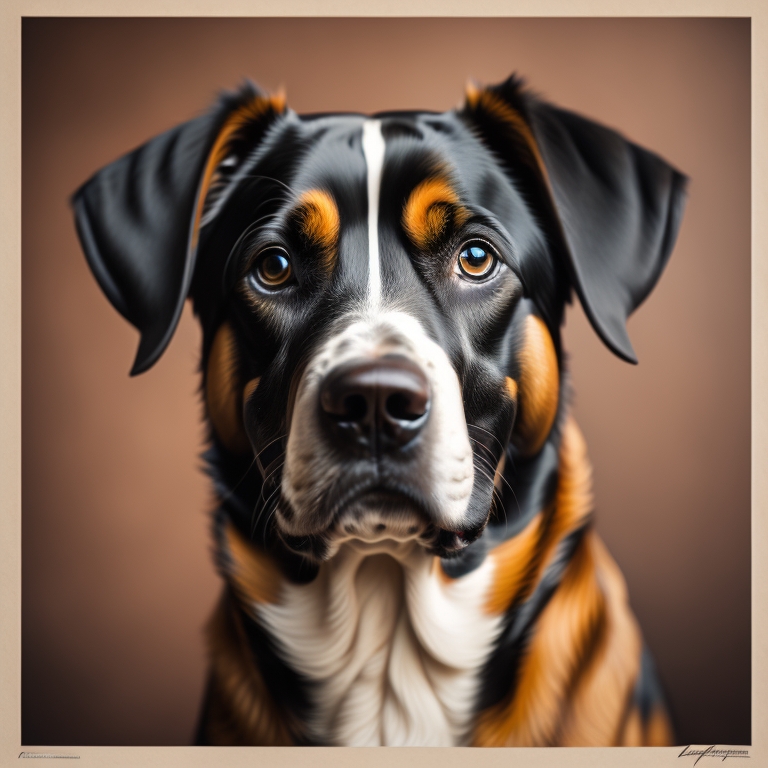 |
| Wolf dog |
Understanding Wolf-Dog Hybrids: Characteristics, Considerations, and Care
The concept of wolf-dog hybrids, also known as wolfdogs, brings together the wild allure of wolves with the domestic companionship of dogs. In this exploration, we'll delve into the characteristics of wolf-dog hybrids, considerations for potential owners, and the unique care requirements associated with these fascinating and complex animals.
What is a Wolf-Dog Hybrid?
A wolf-dog hybrid is the result of mating a wolf with a domestic dog. The percentage of wolf genetics in these hybrids can vary widely, ranging from low-content (minimal wolf genetics) to high-content (significant wolf genetics). Each individual hybrid is unique, reflecting a combination of both wolf and dog traits.
Characteristics of Wolf-Dog Hybrids
1. Physical Appearance:
- Wolf-dog hybrids may exhibit a wide range of physical characteristics, influenced by their lineage. This can include coat colors, fur patterns, and distinctive facial features.
2. Behavioral Traits:
- Territorial Instincts: Wolf-dogs often retain the territorial instincts of wolves, displaying a strong sense of ownership over their living space.
- Pack Mentality: They may exhibit pack-oriented behavior, forming strong bonds with their human and animal family members.
3. Temperament:
- High Intelligence: Wolf-dog hybrids are generally highly intelligent, requiring mental stimulation and engaging activities.
- Independence: They may display a degree of independence, which can make training and socialization crucial from an early age.
4. Vocalization:
- Wolf-dogs may possess a unique vocalization style that combines wolf-like howls with traditional dog barks, creating a distinctive communication pattern.
Considerations for Potential Owners
1. Legal Regulations:
- Check local and regional laws regarding the ownership of wolf-dog hybrids. Some areas have strict regulations due to safety concerns and the potential impact on local wildlife.
2. Experience and Commitment:
- Ownership of a wolf-dog hybrid requires experience with both wolves and dogs. A strong commitment to providing appropriate care, training, and a suitable environment is essential.
3. Space Requirements:
- Wolf-dogs need ample space for exercise and mental stimulation. Living in a confined area may lead to behavioral issues.
4. Socialization:
- Early and consistent socialization is crucial to ensure that wolf-dog hybrids are well-adjusted and comfortable in various environments.
Unique Care Requirements
1. Nutritional Needs:
- Wolf-dogs may have specific dietary requirements influenced by their wolf genetics. Consult with a veterinarian to create a nutrition plan that suits their unique needs.
2. Secure Enclosures:
- Provide a secure and spacious enclosure with high fences to prevent escapes. Wolf-dogs are known for their jumping and digging abilities.
3. Veterinary Care:
- Regular veterinary check-ups are essential to monitor the health of your wolf-dog and address any medical concerns promptly.
4. Environmental Enrichment:
- Stimulate their minds with environmental enrichment, including puzzle toys, activities that mimic natural hunting behaviors, and opportunities for exploration.
Real-Life Experiences
Share real-life stories from owners who have successfully navigated the challenges and joys of caring for wolf-dog hybrids:
Balancing Act with Luna:
- Luna's owner discusses the challenges of balancing her wolf-like instincts with the joys of forming a unique and strong bond.
Building Trust with Odin:
- Odin's journey from a timid wolf-dog to a confident and well-adjusted companion, highlighting the importance of trust-building and positive reinforcement.
Conclusion
Owning a wolf-dog hybrid can be a rewarding yet demanding experience. As potential owners, it's crucial to thoroughly research and understand the characteristics, considerations, and care requirements associated with these unique animals. Responsible ownership, proper socialization, and a commitment to meeting their specific needs are key to fostering a harmonious relationship with wolf-dog hybrids.

